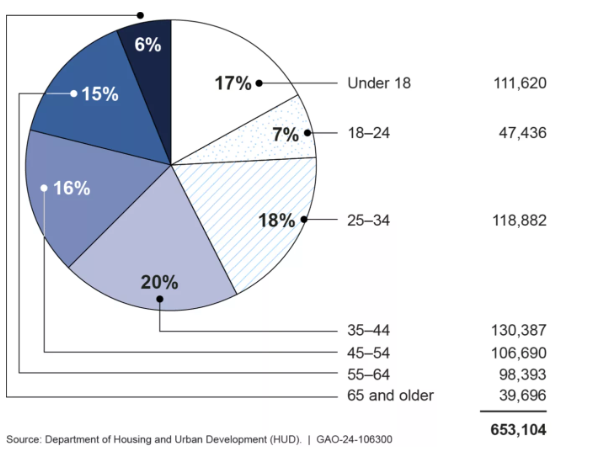The idea of the American dream is widely canonized in our society. It is embedded in literature (The Great Gatsby), in film (The Pursuit of Happiness), and even in public opinion. According to studies as recent as 2017, American citizens continue to perceive America as more socioeconomically progressive than it actually is. Under closer examination, however, this visage of enduring, universally accessible potential begins to crack.
Particularly in regard to higher education access, there has been a cultural movement in recent years to foster equity of outcome across racial, economic, and geographical distinctions. There has been a significant prevalence of colleges and universities adopting test-optional policies, or even test-blind policies; affirmative action is widely practiced (though under attack); and, even at Woodside, decisions like the de-tracking of AS English I have been made to increase educational equity.
English teacher Kathleen Coughlin has been teaching at Woodside for over 30 years. She has taught all levels of English, including AP English Literature, and has even been a national AP test grader. According to her, the move to de-track freshman English was crucial.
“Our primary concern was access overall,” Coughlin said. “We noticed that the demographics in those AS English classes didn’t reflect closely enough the demographics of the school.”
The reasoning behind the change was simple: with students coming from so many feeder middle schools, and with 30% of students on free or reduced–lunch plans, combining all freshmen into one English track grants all students the same educational foundation moving into high school.
“Some students have studied irony, some students have studied more complex forms of characterization, and some haven’t,” Coughlin said. “We get them all on the same page and move forward from there.”
The AS English situation exemplifies how different backgrounds create different results. Another example of how differing backgrounds influence results is standardized testing.
As of 2022, more than 900 colleges and universities are test-optional, meaning students do not have to submit test scores as a part of their applications. Guidance counselor Francisco Negri believes that these policies are a step in the right direction, but more needs to be done.
“I am a huge fan of test blind,” Negri said. “Test optional makes it a difficult field to navigate… I wish that colleges would say that they are absolutely test blind.”
Negri’s belief, similar to Coughlin’s, once again comes down to the difference in student backgrounds.
“These tests have proven that there are so many inequities built into the standardized test system,” Negri said. “I wish [colleges] would look at other factors… Socioeconomic advantages or disadvantages play a big role… on the exam.”
There is a problem in America. So many of our institutions ostensibly reward merit, ability, and test scores, and access to those institutions is based on those merit factors. And yet, if you look at what is happening, it is clear that there is more to determining success in a fair, equitable way than pure merit. It is clear that the problems surrounding American equity are systemic.
“The problem is so huge,” Coughlin said. “I am not sure we can handle it here at Woodside, because the reality of the pressure on students… feels like a top-down kind of pressure. “
Determined Merit
Coughlin and Negri both touched on something important: background. That is the problem with many of America’s social institutions. Institutions like higher education—which is an important vehicle of social mobility—are ostensibly meritocratic, yet every stage of the process is biased towards those with highly educated families, financial stability, and other advantageous factors.
According to junior Arin Rudkin, the roots of meritocratic ideology itself are illogical.
“[Meritocracy] was actually a term invented as a joke by sociologists,” Rudkin said. “Because if we actually live in a meritocracy, that would mean that (racially) disadvantaged people are disadvantaged because they are not good enough.”
Rudkin argues that meritocracy will never be legitimate because of one important fact: simply evaluating pure merit ignores the vastly different circumstances that students hail from. According to Rudkin, success will likely be far easier if “you have more money to get tutoring, if you have more time at home, if your home life is more stable.”
And therein lies the impossibility of American meritocracy. To accept a system in which merit alone determines success is to fall into willing ignorance of the scope of circumstances from which people come. To accept a system in which merit determines access to social resources is to ignore the different levels of access that students have in the first place.
“It is impossible to not have unfairness on a [standardized] test just based on the resources people have access to,” Rudkin said. “Success in our world is access to resources from a young age.”
The American dream, Gatsby’s green light, the idea that anyone can ‘pull themselves up by their bootstraps’ and achieve success, is dead, and perhaps always was. It is time to recognize that we cannot determine access to social, economic, educational, and cultural resources based on merit alone, because to accept meritocracy is to ignore the humanity of the American people. That we cannot do.












